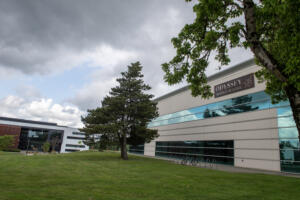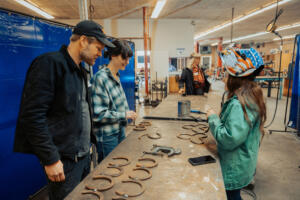With school in full swing, there are an abundance of children walking and cycling through Camas and Washougal compared with the summer months.This means drivers need to be more alert near schools, bus stop locations and student commute areas, according to Scot Boyles, a sergeant with the Camas Police Department.
“Oftentimes, children can be inattentive or unaware of the rules of the road and this can cause dangerous situations,” he said. “We are asking drivers to be extra vigilant in both obeying the traffic laws and also in being aware of the students who might be walking/riding near them. The beginning of the school year is a time when children are at increased risk of transportation-related injuries from pedestrian, bicycle, school bus, and motor vehicle crashes.”
This includes parents dropping off their children at school, added Laura Bolt, principal at Hathaway Elementary in Washougal.
“Please don’t double park on the street,” she said. “Children run out and may not see oncoming cars.”
Boyles added kids are at increased risk for injury during this time of year because of increased traffic.





